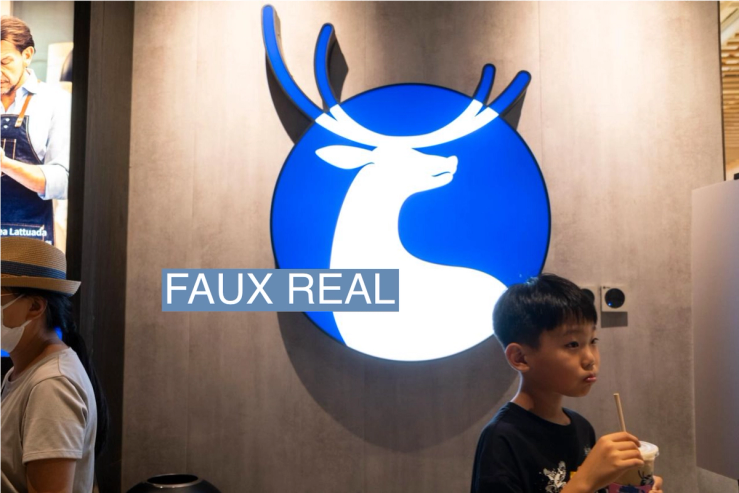The News
China’s homegrown brands are now contending with an issue Western companies have long complained about: counterfeits. Chinese beverage producers such as Luckin Coffee and Heytea that are thriving in countries like Thailand and Singapore are “discovering one of the pitfalls of international success: imitators,” The Wall Street Journal reported.
The number of Chinese companies that applied for trademark protection tripled from 2017 to 2022. China has beefed up its enforcement mechanisms to combat counterfeiting at home by raising penalty fees for patent infringements among other measures.
Intellectual property experts say Chinese brands need to rely on the same tactics that Western companies learned when they entered China, such as registering trademarks early and closely monitoring their use.
SIGNALS
Counterfeiting has long harmed US-China relations
“Property rights protection has long been a thorny point of contention in economic relations between China and the US,” the South China Morning Post reported, with U.S. officials saying last year that China continues to be the top source of counterfeit products in the world.
Beijing vowed to strengthen its protections for foreign copyrights in a 2020 trade deal signed with then-President Donald Trump, but the Biden administration has since criticized China for falling short of its promises. U.S. officials have repeatedly said that Chinese counterfeits undermine American jobs.
China’s own trademark tactics used against it
Luckin Coffee, the most popular brand in the Chinese coffee marketplace, sued a cafe in Thailand with the same name and a nearly identical logo for trademark and copyright infringement. But a Thai court rejected the case in December because “Thailand, like China, follows a ‘first-to-file’ regimen for intellectual property, which grants use rights to whoever registered the trademark first,” The Wall Street Journal reported. Thailand’s Luckin registered the name three years before China’s Luckin did, and the Thai court dismissed the success of Luckin in China before that, based “on the lack of a trademark protection treaty between the two countries,” one lawyer told the Journal.
However, Luckin could still win the case if it appeals and proves “that it used the brand earlier and is more influential around the world,” according to China Intellectual Property Magazine.



